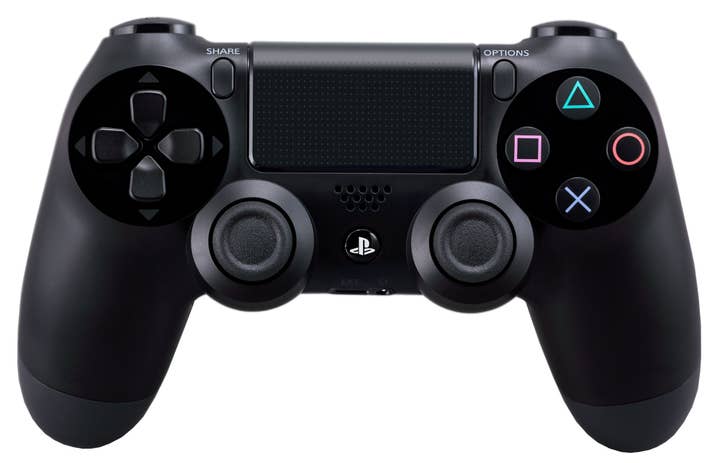What's going on with PlayStation? | Opinion
A look at why Sony has so far taken an understated approach to heralding the arrival of the next generation
It's official. PlayStation 5 is coming. It will be here in just over a year. Sony revealed it just this week to the world's media, with leading game developers celebrating its many advantages.
Well, not quite. It announced PS5 via a blog post and a placed article in Wired, just a few months after it first talked about the new console in a standalone Wired article.
Sony's understated approach to PR in 2019 has been in direct contrast to Microsoft, which has done nothing but talk, talk, talk, talk all year long. Whether it's about new consoles, streaming platforms, subscription services, games... even family settings. Microsoft has been leading the conversation, it has attended all the big shows, and has been sharing its vision in a coherent way. Microsoft has a plan and is happy to tell us all about it.
In a year where you'd expect Sony to be setting out its strategy for widening the gaming audience, it has acted conservatively. It is behaving more like a business worried about protecting its lead rather than extending it.
Sony's PR strategy is perhaps understandable when you consider the criticism it has faced from certain media, particularly around cross-play. There are already commentators proclaiming the return of 'arrogant Sony,' yet the counter to accusations of over-confidence is humility, not avoiding the conversation.
"The industry is looking at Sony to see what's next for the console business. At the moment, Xbox is the one providing all the answers"
Of course, the ongoing company restructure at Sony isn't helping. PlayStation's old regional structure made it a complicated beast, but that made it popular in markets its competitors couldn't get near. The centralisation plan was to try and simplify things while maintaining the regional autonomy that has worked so well in the past. As of right now, it's not working.
There is no centralised clarity of vision, and regional teams have become frustrated by US oversight and sign-off procedures. It's perhaps no wonder senior names -- whether that's Shawn Layden or regional leads -- are using this opportunity to move on.
This uncertainty has reached the wider business. At the GamesIndustry.biz Investment Summit this year, one indie developer expressed fears that PlayStation "has stopped caring about indies." There's so much we don't know about what Sony is planning next. What are its third-party priorities? Is VR still a thing for it? Is PlayStation Now as significant to them as Game Pass is for Xbox?
It might be PlayStation doesn't quite have all the answers yet and isn't ready for the media scrutiny. Even so, it's not quite the confident showing you'd expect from the dominant platform holder.
I confess I was a bit reluctant to write this piece initially. None of this is especially new. From the moment Sony backed out of E3, it was clear the company was going into stealth mode ahead of PS5, and we're still over a year away from its launch. And restructures are almost always painful. The time to judge them is not in the middle of the transition, but at the end when the kinks have been worked out. Centralising PlayStation in a globalised games industry had to happen at some point.
Comparing PlayStation to Xbox is also a little unfair. For Xbox, this generation was all but lost long ago, so it's no surprise that its next-gen strategy is more developed. After all, Sony has been busy lining up games and developing services to satisfy its current enormous install base. Microsoft has dominated the conversation in 2019, but so what? If Sony has kept its powder dry for some major reveals next year, then it might find itself in control during 2020 when it actually matters.
PlayStation may have lost some charismatic names, but in Jim Ryan, Mark Cerny and Shuhei Yoshida, they've got some smart leaders more than capable of delivering something exceptional. But that's the thing... we don't know if Sony will do that next year. Is it going to invite the world's media back in? Is it going to face the tougher questions? Will it return to the big stages like E3?
There's some doubt around PlayStation now that wasn't there a few years ago. PS4 sales are slowing (in the UK, console sales are down almost 40% year-to-date) and the industry is looking at Sony to see what's next for the console business. At the moment, Xbox is the one providing all the answers.

